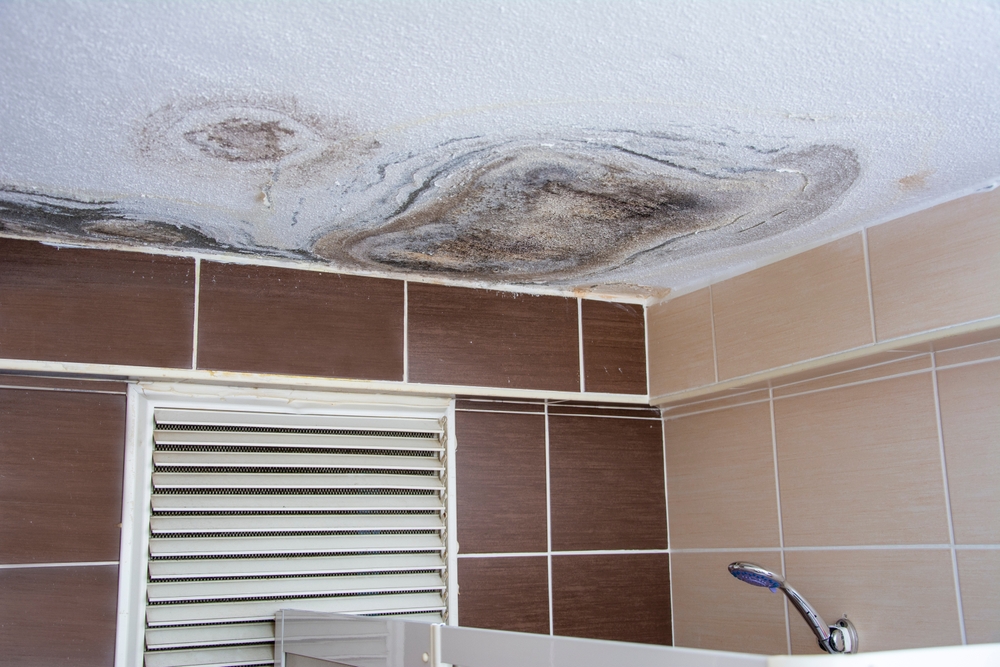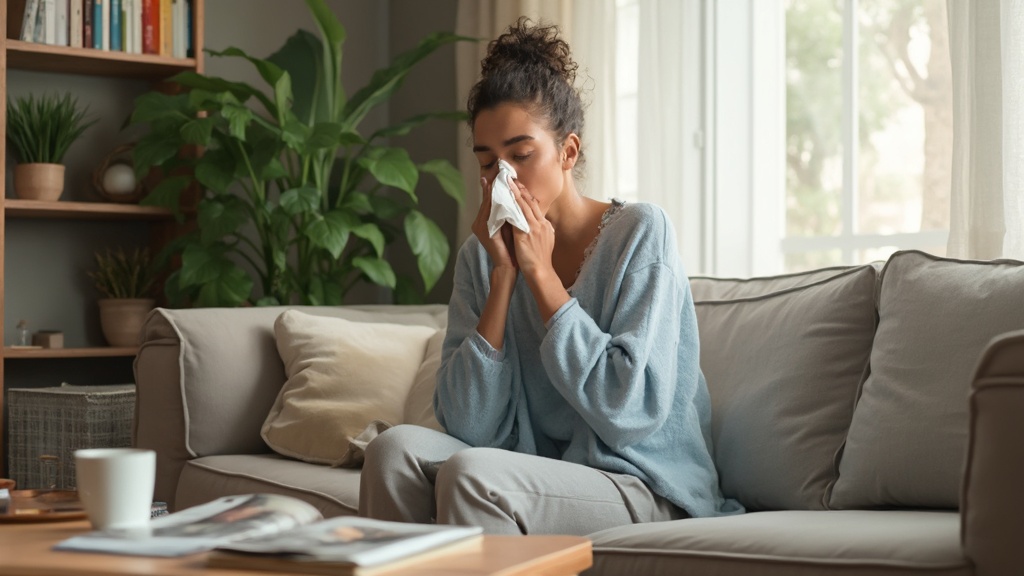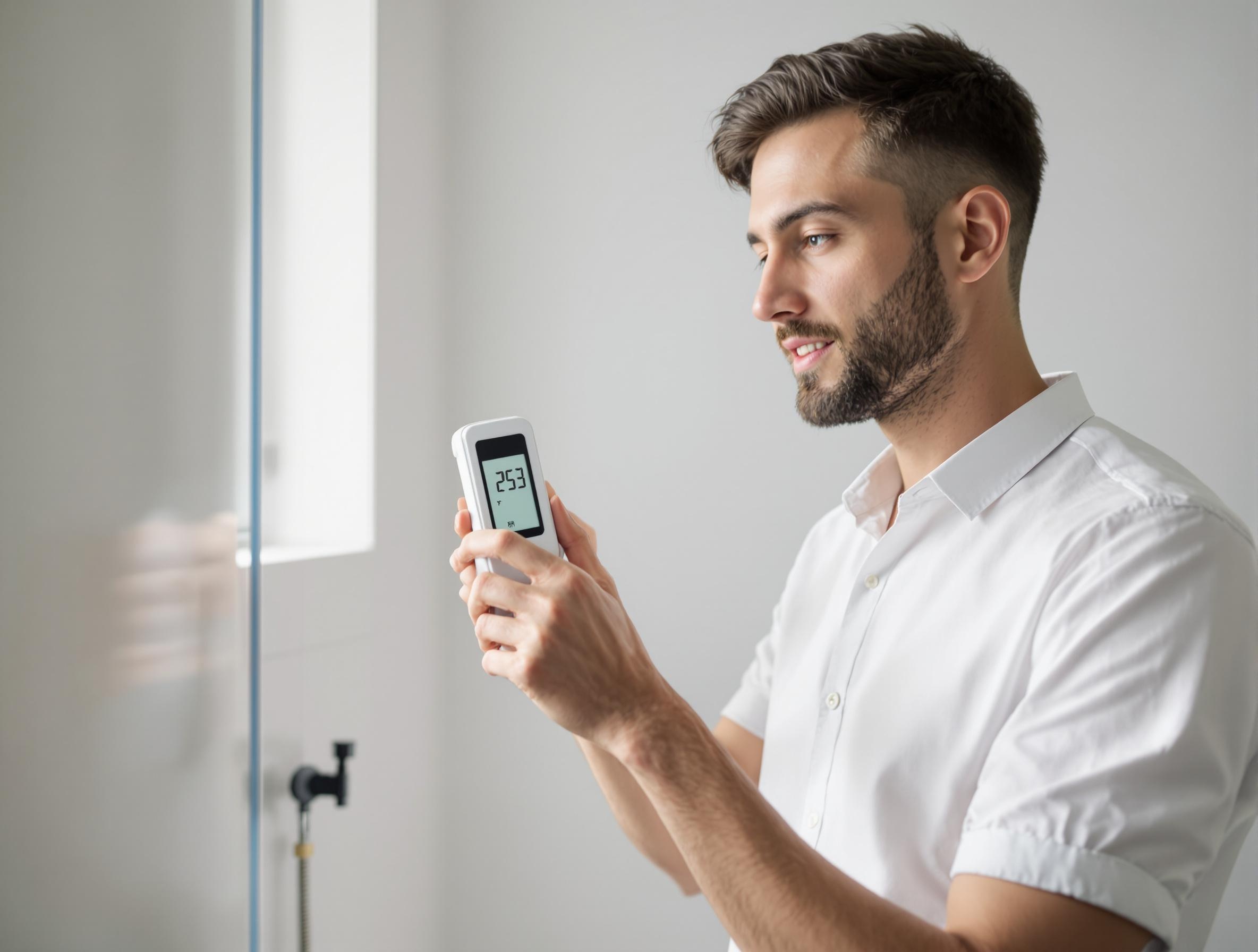How Long Does It Take to Recover from Mold Exposure?

Key Takeaways:
- Recovery from mold exposure can vary significantly, often taking weeks to over a year, depending on individual factors like health status, exposure duration, and mold type.
- Immediate symptoms of mold exposure can include sneezing, coughing, eye irritation, and skin rashes. Long-term effects can potentially affect respiratory, neurological, and cognitive health.
- Personalized care and a mold-free living environment are crucial for effective recovery; Mobile Care Health offers tailored treatment plans to support your unique health needs.
Mold exposure affects millions of people worldwide. As awareness increases, so does the need to understand the recovery process. How long does it take to recover from mold exposure? The timeline varies based on sensitivity, exposure duration, and mold type.
At Mobile Care Health, we understand that every person’s journey to recovery is unique. Our personalized approach considers your specific health needs, ensuring a comprehensive recovery plan tailored just for you. We’re here to support you every step of the way. Ready to take control of your health after mold exposure?
What is mold exposure, and how does it affect health?
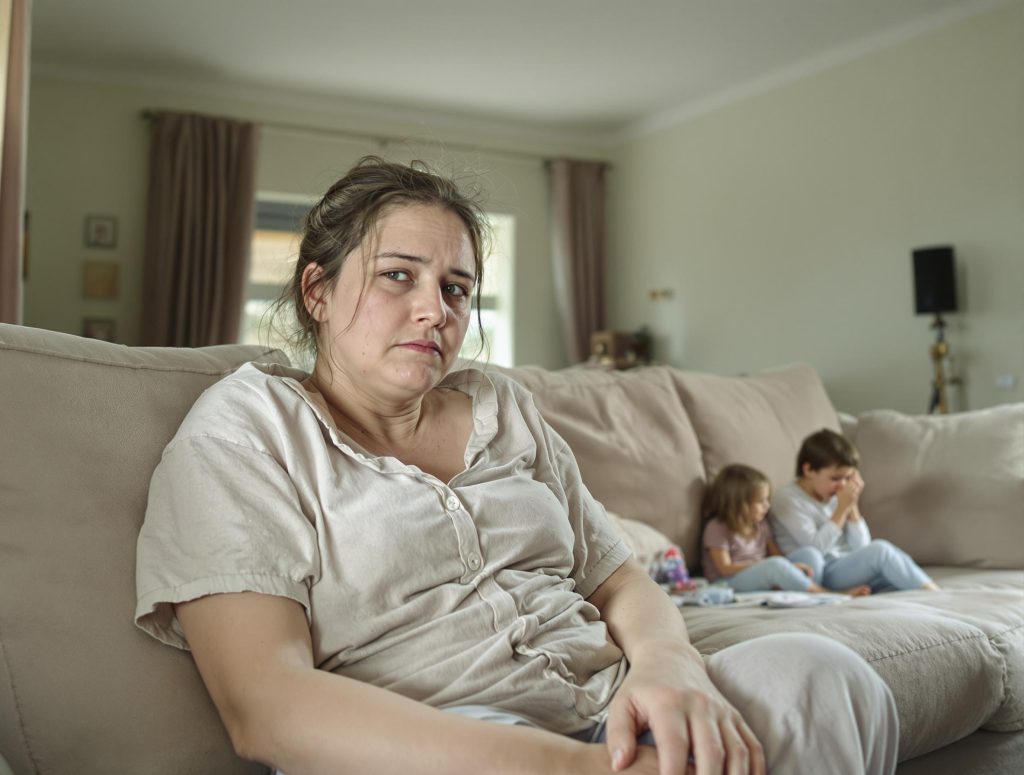
Mold exposure refers to contact with mold spores, which are tiny, airborne particles produced by various types of mold. Mold typically grows in damp, warm, and humid environments, such as bathrooms, basements, and areas that have experienced water damage. While mold is a natural part of the environment, indoor exposure can lead to health issues, especially in large amounts or toxic varieties.
Mold exposure can affect health in several ways, depending on the mold type, the exposure level, and an individual’s sensitivity. Here are the primary effects:
- Allergic reactions: An allergic reaction is a widely-known response to mold exposure. Symptoms may include sneezing, runny or stuffy nose, itchy eyes, skin rashes, and coughing. People with mold allergies might experience more intense reactions when exposed to areas with high mold concentrations.
- Respiratory issues: Mold exposure can worsen asthma and other respiratory conditions. For individuals with existing lung conditions, inhaling mold spores can lead to symptoms such as wheezing, shortness of breath, and chest tightness.
- Toxic mold and mycotoxins: Some mold types, such as Stachybotrys chartarum (commonly known as “black mold”), can produce mycotoxins that may be harmful when inhaled or touched. Prolonged exposure to high levels of toxic mold can potentially cause severe health problems, including chronic fatigue, headaches, and neurological symptoms.
- Weakened immune response: People with weakened immune systems, such as those undergoing chemotherapy or with immune-compromising conditions, may be at greater risk for mold-related illnesses. Exposure can lead to more serious infections or heightened symptoms.
- Irritation of mucous membranes: Even for those without mold allergies, exposure can irritate the mucous membranes of the nose, throat, and lungs. This can result in symptoms like persistent coughing and sore throat.
- Chronic Health Issues: Exposure to mold for a long time can contribute to chronic health issues, including sinusitis, lung inflammation, and persistent fatigue. Some individuals may develop heightened sensitivity, experiencing more severe reactions with repeated exposure.
Factors that influence recovery time
Each person’s path to recovery from mold exposure varies and is affected by several key factors affecting your healing timeline. Let’s explore what shapes your recuperation process:
Assess your overall health status, as individuals with stronger immune systems often recover more quickly. Those with pre-existing conditions or compromised immunity may need additional time and support.
- Consider how long you’ve been exposed to mold, as prolonged contact can lead to more significant health impacts and longer recovery periods. In some cases, recovery may extend beyond a year for those who’ve lived in mold-infested environments for extended periods.
- Identify the type and quantity of mold you’ve encountered. Different species can cause varying health effects. Even small amounts can trigger quick reactions in sensitive individuals.
- Look around your home—is it helping or hindering your recovery? A mold-free living space is crucial for your health. If you’re unsure about your home’s condition, we’re here to help you determine its condition and make it a haven for your healing journey.
- Adopt a lifestyle that supports your body’s natural healing processes, including a balanced diet, regular exercise, and stress management techniques.
At Mobile Care Health, we recognize how these factors can significantly influence your recovery time. Our approach is about you – we take the time to understand your situation and create a recovery plan that fits your life. Remember, your health journey is as unique as yours, and we’re committed to helping you navigate it successfully.
Typical recovery timeline
Recovering from mold exposure is highly individualized, with timelines varying from weeks to over a year. The journey typically begins with an accurate diagnosis, often involving specialized tests to identify your body’s specific reactions to mold.
The initial phase focuses on alleviating immediate symptoms. Shortly after removing yourself from the mold-affected environment, you may experience improvements in coughing, headaches, or digestive issues. This stage often includes symptom management and may involve a process to help your body eliminate mold toxins.
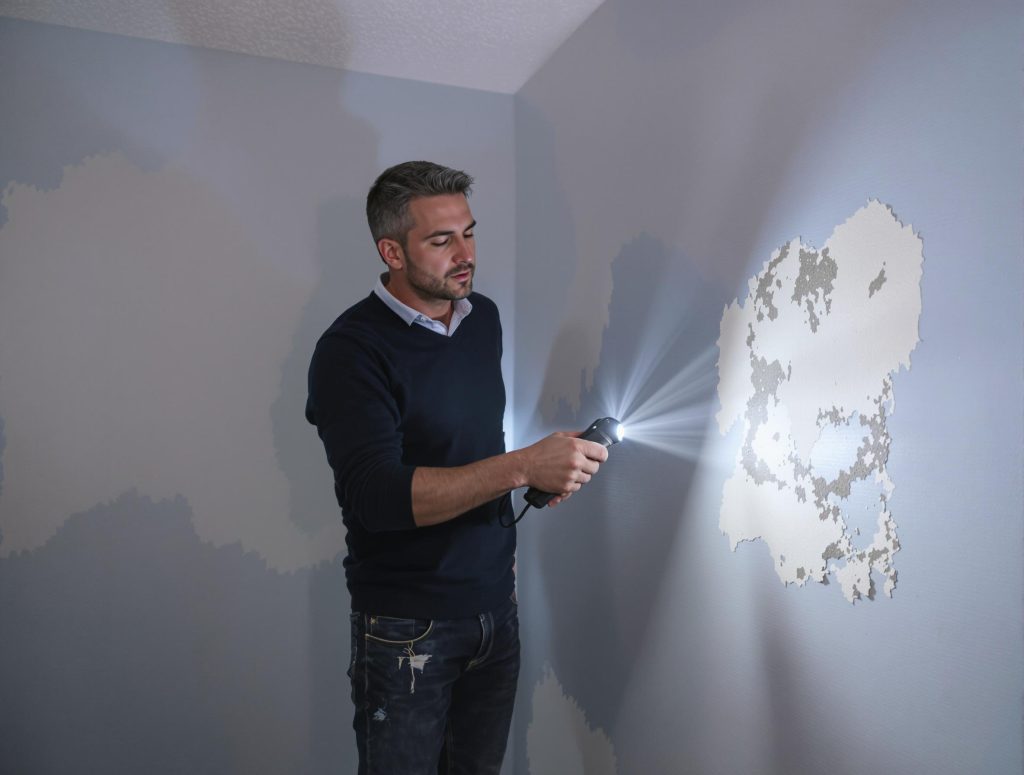
As recovery progresses, the focus shifts to maintaining a healthy living environment and continuing treatment. Since about 47% of U.S. households face mold or dampness issues, ensuring your surroundings support your health is crucial. This phase typically involves follow-up visits and routine monitoring to track your progress.
The final stage emphasizes long-term wellness. This phase may extend beyond a year for those who’ve experienced prolonged exposure, even after eliminating further mold contact. Remember that healing takes time, and your body needs consistent support to recover fully.
When to seek medical help
Recognizing when mold exposure requires professional attention can significantly impact your recovery. While many experience mild symptoms that improve independently, certain signs suggest it’s time to consult a healthcare provider. If you’re battling persistent coughing, congestion, or eye irritation that lingers even after leaving a moldy environment, your body might tell you it needs extra support.
For others, mold exposure can lead to more serious health issues. About 10% of people are highly sensitive to mold, which can trigger severe asthma attacks or significant respiratory problems.
If you struggle to breathe, feel tightness in your chest, or wheeze, it’s best to get medical attention immediately. These symptoms, especially if you have asthma or a weakened immune system, call for prompt evaluation to prevent potential long-term health concerns.
Getting professional help early is particularly important for those more vulnerable, like young children, older adults, and people with existing respiratory conditions.
Taking charge of your health after mold exposure
Mold exposure can take a toll on your well-being, and we understand that your recovery journey is as unique as yours. If you’ve been dealing with persistent coughing, fatigue, or breathing difficulties, it’s time to take action.
You’re taking powerful steps toward healing by creating a healthy living space, getting timely medical support, and embracing habits that nurture your body. Remember, your recovery timeline is personal, and that’s okay – we’re here to support you every step of the way.
At Mobile Care Health, we believe in the power of personalized care tailored just for you. We’re committed to understanding your needs and providing the comprehensive support you deserve throughout your recovery journey. Are you ready to take that crucial step towards reclaiming your health? We’re here to walk alongside you. Discover our specialized mold treatment options and see how our innovative, accessible healthcare solutions can guide you to lasting wellness.
Articles on this site are for general education and do not substitute for professional medical advice. Consult our providers for personalized recommendations.


